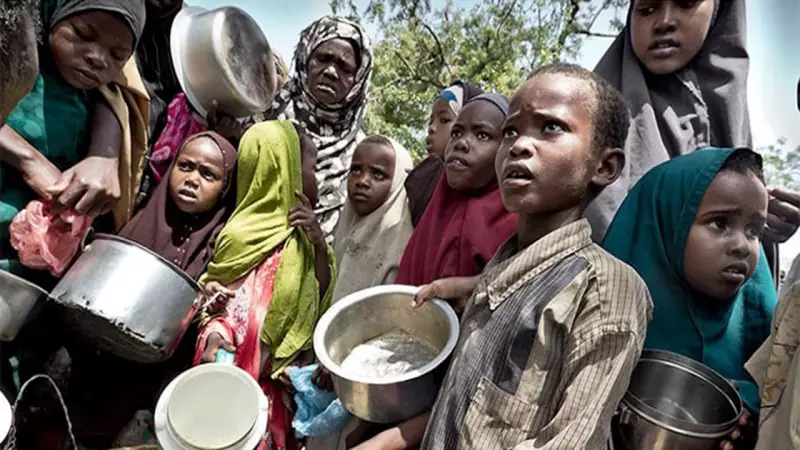
A disturbing new projection has revealed that approximately 34.7 million Nigerians could face severe food insecurity by June 2026, according to recent data from the Food and Agriculture Organisation (FAO). This alarming figure represents a significant portion of the nation's population and highlights a growing humanitarian crisis.
The Escalating Hunger Crisis
The FAO's latest assessment paints a grim picture of Nigeria's food security situation. The report indicates that between June and August 2024 alone, about 26 million people across Nigeria's 26 states and the Federal Capital Territory are expected to experience acute food insecurity. This number represents a troubling increase from previous years and signals a worsening trend.
Root Causes of the Crisis
Several interconnected factors are driving this alarming situation:
- Climate Change Impacts: Erratic weather patterns, prolonged droughts, and unexpected flooding have devastated agricultural production across the country
- Security Challenges: Ongoing conflicts and insecurity in farming communities have disrupted food production and distribution networks
- Economic Pressures: Soaring inflation and the rising cost of agricultural inputs have made food increasingly unaffordable for ordinary Nigerians
- Infrastructure Deficits: Poor storage facilities and transportation networks lead to significant post-harvest losses
Regional Hotspots and Vulnerable Populations
The crisis affects different regions with varying intensity. Northern states, particularly those grappling with security challenges, are expected to bear the brunt of the food shortages. However, urban centers are also experiencing sharp increases in food prices, making basic nutrition inaccessible to low-income families.
Urgent Interventions Required
Experts emphasize that immediate, coordinated action is necessary to prevent this projection from becoming reality. Key recommendations include:
- Strengthening agricultural extension services and providing farmers with improved seedlings
- Enhancing social protection programs for the most vulnerable populations
- Investing in climate-resilient agriculture and irrigation infrastructure
- Improving security in farming communities to enable uninterrupted agricultural activities
The clock is ticking on this impending food crisis, and stakeholders at all levels must act decisively to safeguard Nigeria's food security and protect millions from hunger and malnutrition.





